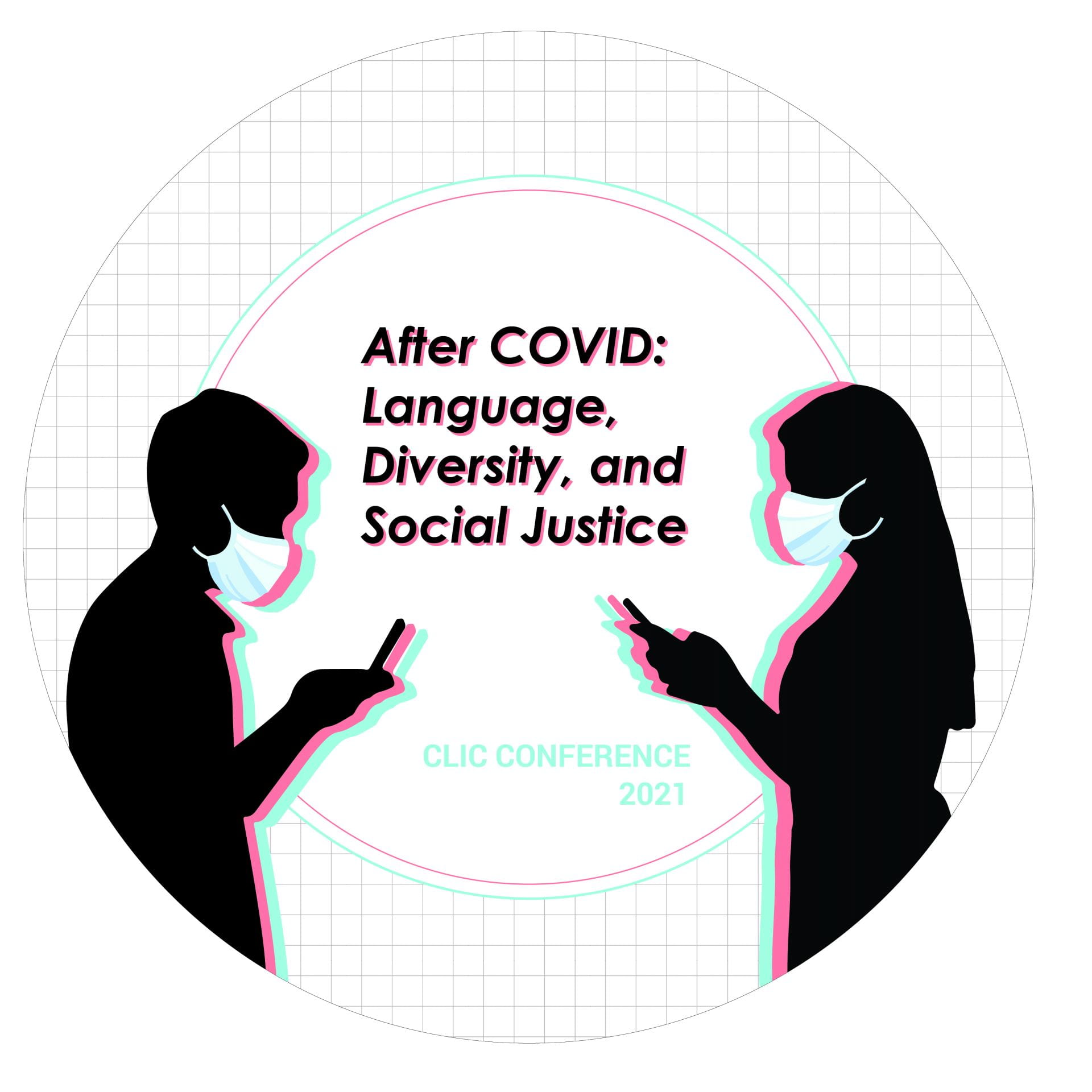Technology and social justice: Claiming the right to speak in an unequal digital world
Ron Darvin, The Chinese University of Hong Kong
As the world continues to grapple with the COVID-19 pandemic, the massive shift to online learning that accompanied school closures has foregrounded the challenges of the global digital divide. Half of the world’s learners do not have a household computer, while 43% cannot connect to the internet at home. Digital inequity however involves not only issues of access to technologies, but also issues of unequal use. Studies have shown that the notion that all youth are “digital natives” is a myth. As learners navigate online spaces in often disembodied ways, they need to draw on their different languages, knowledges and modalities to perform their identities and assert their legitimate place in these spaces. Agentive participation also involves their capacity to interpret new and continually evolving digital genres and to recognize the conventions of diverse online cultures.
Equipped with different digital repertoires, learners however have unequal access to linguistic, semiotic, cultural and social resources, and they can be socialized into diverse digital practices that are valued unequally in different contexts. At the same time, the designs of digital platforms, their sociotechnical structures and algorithms, can also marginalize and exclude learners in often invisible ways. To address these inequalities and modes of exclusion, language education needs to pay attention not only to the integration of educational technologies but also to development of an online communicative competence. By empowering learners with both functional and critical digital literacies, language educators can help them not only navigate the digital world more strategically but also challenge the ideologies embedded in the design and use of these technologies. In the wake of a global crisis that has magnified the inequalities of a digital world, we need to reimagine language learning so that it can contribute to more equitable futures and empower learners of different social positions to claim the right to speak.

